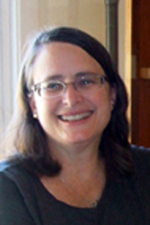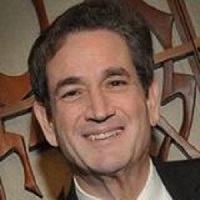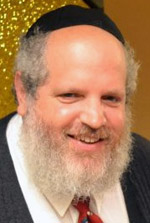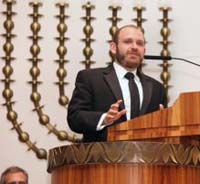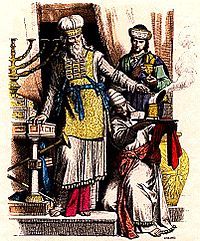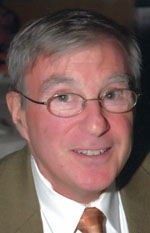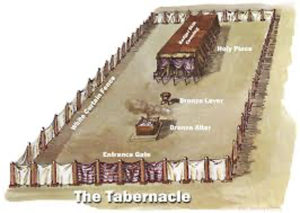March of Living postponed; 12 local residents affected
Eight students and four adult leaders from San Diego County who had expected to participate during April in the annual “March of the Living” – a two-week trip including the concentration camps in Poland and a visit to the nation of Israel – have received news that the journey has been cancelled because of the coronavirus. [Our shtetl San Diego County column by Donald H. Harrison]
March of Living postponed; 12 local residents affected Read More »
Donald H. Harrison, International, Jewish Religion, Marcia Tatz Wollner, Middle East, San Diego County, Travel and Food, USA